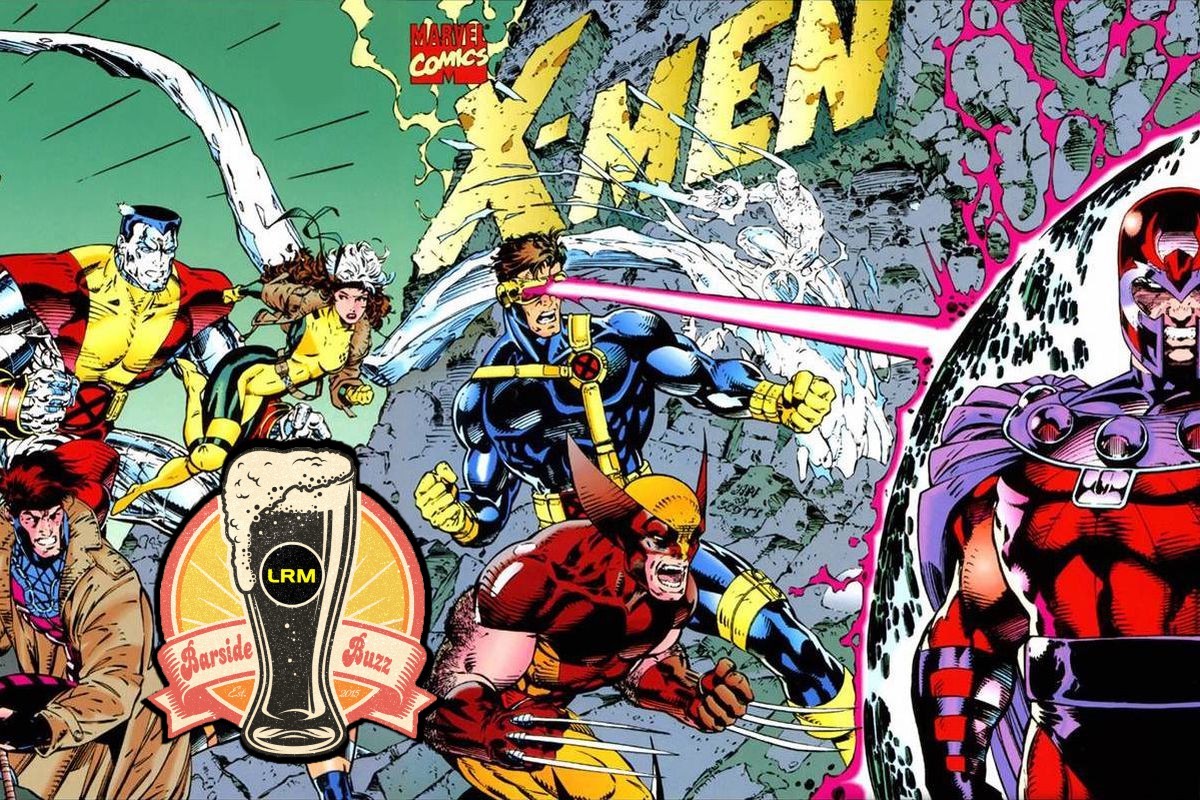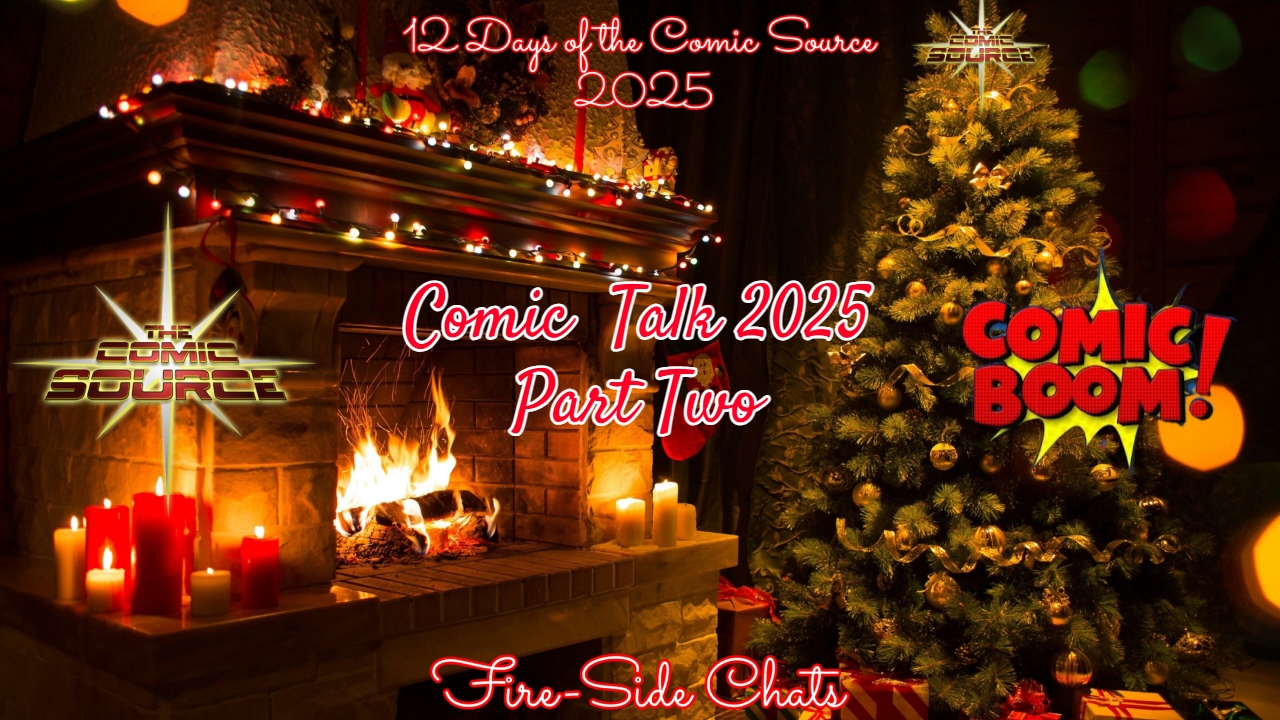Everyone has a story to tell. Every day, ambitious teens and twenty-somethings move their lives from one end of the country to another in hopes of pursuing their dreams. Of course, the old cliché is someone moving to good ol’ Los Angeles to pursue acting or a creative career, and in the first season of This is Us, that’s the kind of material that is covered.
I had a chance to speak with producer, writer, and actress Leslie Lluvet, and in our discussions, she talks about the true stories of people leaving their hometowns and her goals for the show’s future, as well as her own personal passion project that chronicles an immigrant’s journey.
LRM Online: What can you tell us about This is Life?
Lluvet: Well, This is Life is an anthology that follows a group of millennials and every episode tells a different story. It focuses on how when you move from… When you’re not from Los Angeles. Let’s say you have a lot of people from the East Coast or the Midwest. They come to LA. You have a dream almost and some people get it from people who just flourish and prosper and they have a hard time. They finally find the niche, but some people end up having a really hard time. They have to talk ship or they have to do foreign things that are kind of against their ethical code just to survive.
LRM Online: Yes.
Lluvet: It’s kind of like a hard, hard … they get stuck in hard situations.
So this is what followed seven characters. All of them are true stories and what they experienced when they left their hometown and came to LA. They were all really close friends of mine. So I decided to put their stories into a narrative and shoot that in a way where it was very improvised, and to the best of my abilities to their stories. Of course, whatever they didn’t want me to put, obviously we filtered that, but these girls’ stories were way deeper than the actual show. I just wanted to not overstep their boundaries, of course, because these are close friends of mine. The idea behind the show is to eventually go to season two, which would be in New York and the group of millennials in New York tell their stories. Then go to Miami and a group of kids from Miami told their story. Then go to San Francisco and then go to Chicago. So that’s my idea behind it.
LRM Online: Hey, that’s actually a really awesome concept because it’s reality like LA/Hollywood. It’s not just the life of just pursuing acting or the Hollywood dream, but also the real life to get there. Right? Or any in any career.
Lluvet: Right, exactly. It’s hustling and grinding and making sure that you stay true to that honest, true to yourself. I remember coming here. I was 20 years old, turned 21 in January, and then I came in December, turned 21 in January, but I remember seeing a lot of my friends that I had just made friends with going back home. It became this constant cycle where like months would go by and I could become really close friends with people and then they would have to go back home because it just wasn’t working out.
Some kids were sleeping on couches or some kids have like roommates that were, … it was one studio, five people. I remember that I was like, wow. I was very fascinated because in my hometown this was not happening. All my friends either lived with their parents, or they got connected with good jobs. Life was so different than living out here on their own, you’re trying to survive. It’s a dream that it’s not in reality with others. It’s way more difficult to achieve.
LRM Online: Can you tell us about your character in this project?
Lluvet: So my character was … so she gets involved in a relationship where it’s very … she’s a trust fund baby and goes broke. Loses all her money and has to figure out how to survive. She starts waitressing, starts getting acting gigs, but also has to do the whole roommate thing, and has to work for like 10 hours a day, and then figure out how to get to the audition the next day. And her life goes a little bit crazy because she’s not used to this. So then her partner ends up leaving her two weeks later and she’s, oh we’re done or whatever. Basically leaves her when she needed the most, and realizes that in this town, either you’re going to be with someone who’s going to have your back and who’s going to help you flourish and prosper, or it’s going to take 10 times as long to get there, but it’s not seen as much as in this, it’s anywhere.
It’s about finding that person that’s going to help you get to the top. So she starts to realize that she sacrificed a lot of her own self in this relationship. So she has to make a decision to focus on the work, focus on creating instead of getting into this crazy relationship world that a lot of people get stuck in, and then really leave themselves behind. So that’s what happens to her. She left her self, her artist. Her artist self left in the dark and then just focus on the relationship and building it and lost herself with that.
So over time she realizes, okay, so I have to really bring that artist out and really focus on my job while I left my family behind at such a young age, and why I actually really need to make this happen. So yes, probably she learned the lesson like layovers.
LRM Online: Well I’m sure there’s going to be a lot of people that are going to relate. And not just in LA, but in life and trying to reach and grow and fight for what they want in life.
Lluvet: Definitely. Definitely. I think so.
LRM Online: I understand you wrote and may be in the process of working on 90 Miles?
Lluvet: Yeah 90 Miles.
LRM Online: And is a non-fiction, this is your family story. Is that right?
Lluvet: Yeah.
LRM Online: Can you share a little bit? I know it’s still in the process, but that sounds like a fascinating story because it happened to you.
Lluvet: Yeah, 90 Miles is probably my all time — not end goal — but like the beginning of everything for me. I’ve always wanted to tell a story about my family and the reason why I came to LA was to learn how to write this story. Writing was always something I wanted to learn so I could write 90 Miles. I always wanted to do it. My family and I, in 1994 we fled from Cuba. It was pretty much all of my dad’s family. My Mom’s family stayed behind and it was a journey that took a couple … it was like seven days and my mom at the time was 26 and so was my father. They were both really young. I was four so I was only really confused about what actually occurred because I was so young. Then I was blocking stuff out. I was having like a blockage.
So as I started talking to all my family members that were on the trip, I started to remember things. Then I’m like, “Oh this is what happened. This is what happened.” I just closed myself off for a month and so. I just wrote the story and it was very, very emotional. It was like, as I was writing, I was reliving every experience. I realized the story is not even just about Cuban immigrants. It was just about every immigrant in the United States that has to flee to survive for a better life. There’s so many scares out there that we don’t know about, but it’s so important to survive and we were like you can have freedom of speech. You can have enough money to survive. Your family’s good.
You’re able to say what you want. You’re able to love who you want. I was writing the story and would go wow. I never really understood why my parents left, because I remember I was ashamed that I didn’t speak English because that wasn’t my first language. I remember getting here and it would be this constant argument because I wanted to be American. She was like, “Well one day you’re going to be really proud”. Then when I was writing the story, I really understood what she meant by that. Because it’s really hard to leave your country, and forget about that, and come to a foreign place that you didn’t really know anything about and you don’t speak the language.
It was a challenge for me to write it because it was very … I just was like, wow. I really denied this part of me and this is probably the best side of me. So yeah, that’s kind of what happened. My goal is to film it. I’m trying to find the right production team. I linked up with a really amazing Cuban director. He’s been talking to me about how I should make the movie and all those things. He’s been an asset.
I’m excited because I feel like it’s been a three-year process and finally I can see things growing. I’m very excited for it. It’s definitely a huge passion project. I owe it to my family. It’s going to be great when we do the screening with them. You’ll have to come for sure.
LRM Online: Yes. I’m excited for you it’s admirable. The fact that you kind of turned something that you were questioning and maybe not thrilled about … your parents bringing you here, the language, and so forth, but yet you’re sharing and be like, it was a blessing what your parents did for you.
Lluvet: Yeah. I’ve realized. I was like, wow, this is actually a huge deal. It is, it’s a big deal and it’s for everybody else out there that has to flee and be a refugee and all that. It’s for all of them. It’s not even just for Cuba. It’s for everyone. So, that’s how I feel about that.
LRM Online: Well, Leslie, thank you so much for your time.
Don’t forget to share this post on your Facebook wall and with your Twitter followers! Just hit the buttons on the top of this page.
—–
Have you checked out LRM Online‘s official podcast feed yet The LRM Online Podcast Network, which includes our flagship podcast Los Fanboys, our premiere podcast Breaking Geek Radio: The Podcast, and our morning show LRMornings? Check it out by listening below. It’s also available on all your favorite podcast apps!
Subscribe on: Apple Podcasts | Spotify | SoundCloud | Stitcher | Google Play
 FOR FANBOYS, BY FANBOYS
Have you checked out LRM Online’s official podcasts and videos on The Genreverse Podcast Network? Available on YouTube and all your favorite podcast apps, This multimedia empire includes The Daily CoG, Breaking Geek Radio: The Podcast, GeekScholars Movie News, Anime-Versal Review Podcast, and our Star Wars dedicated podcast The Cantina. Check it out by listening on all your favorite podcast apps, or watching on YouTube!
Subscribe on: Apple Podcasts | Spotify | SoundCloud | Stitcher | Google Play
FOR FANBOYS, BY FANBOYS
Have you checked out LRM Online’s official podcasts and videos on The Genreverse Podcast Network? Available on YouTube and all your favorite podcast apps, This multimedia empire includes The Daily CoG, Breaking Geek Radio: The Podcast, GeekScholars Movie News, Anime-Versal Review Podcast, and our Star Wars dedicated podcast The Cantina. Check it out by listening on all your favorite podcast apps, or watching on YouTube!
Subscribe on: Apple Podcasts | Spotify | SoundCloud | Stitcher | Google Play




